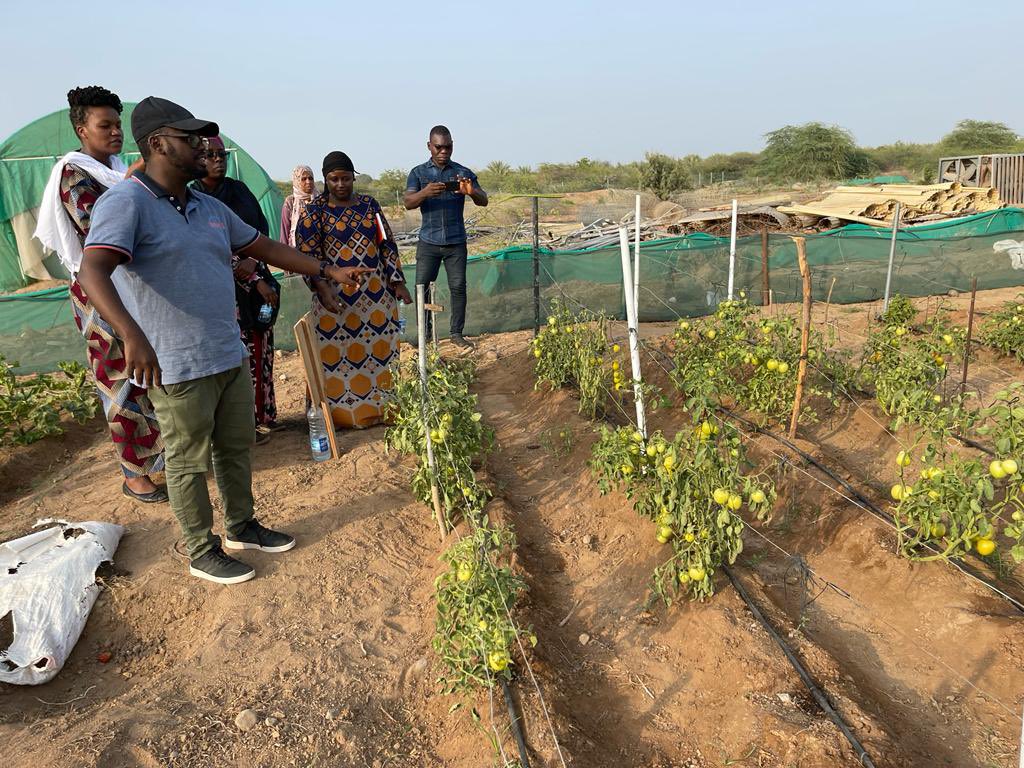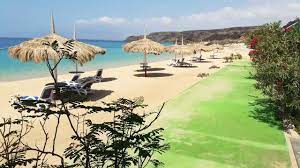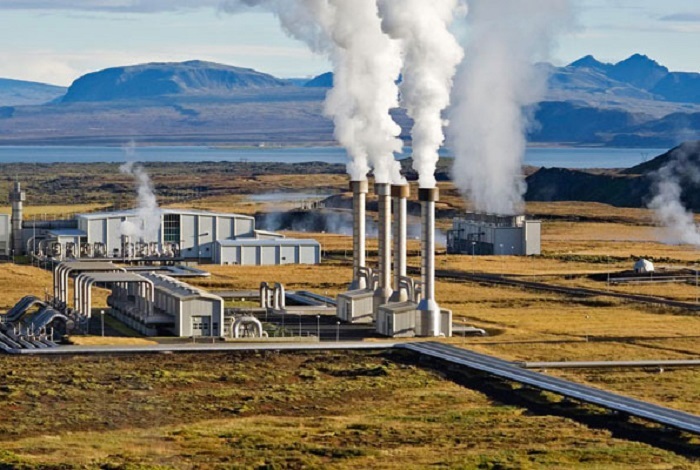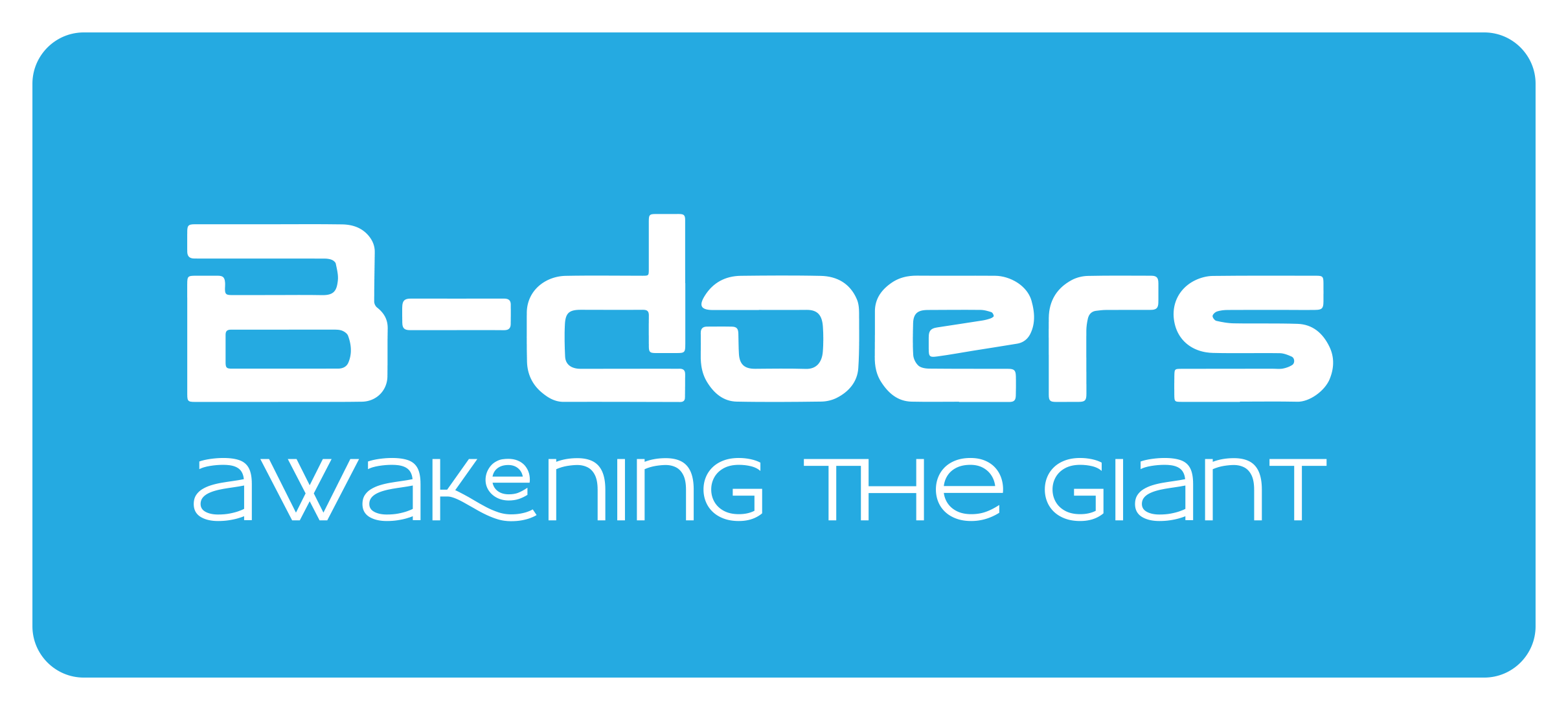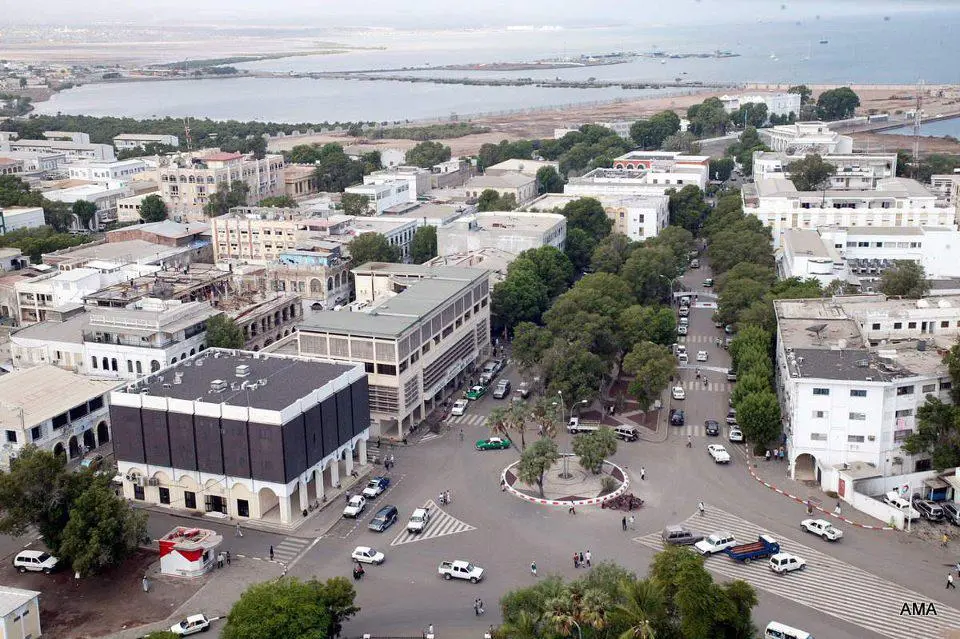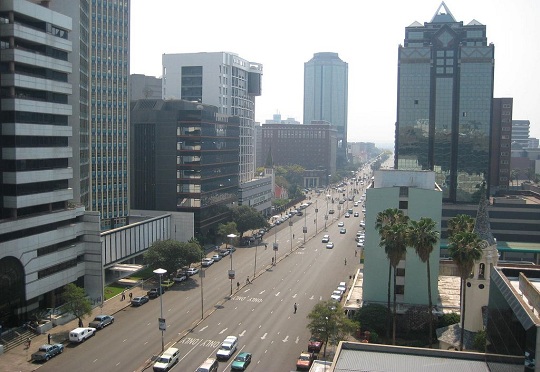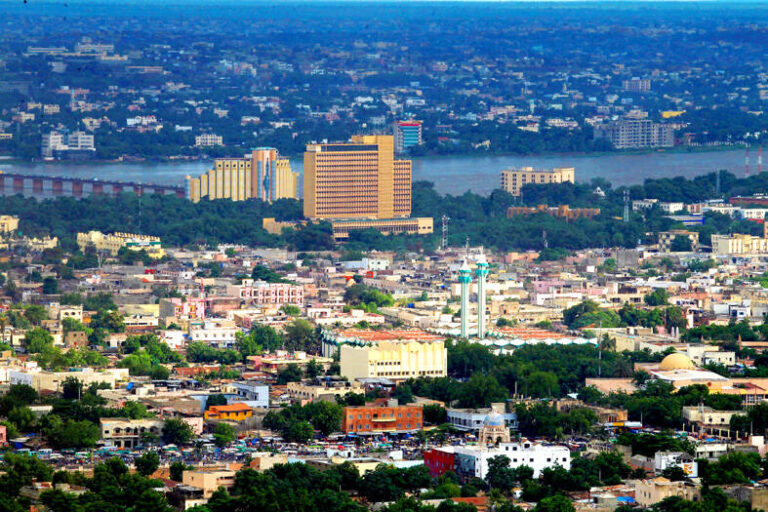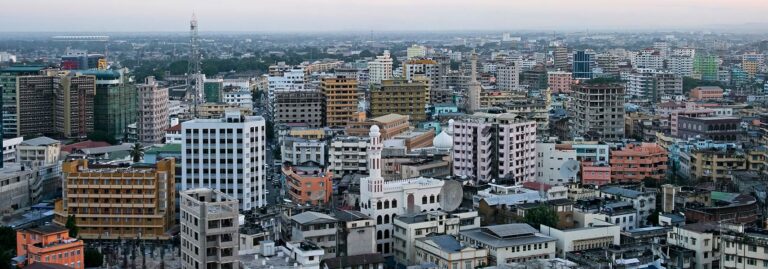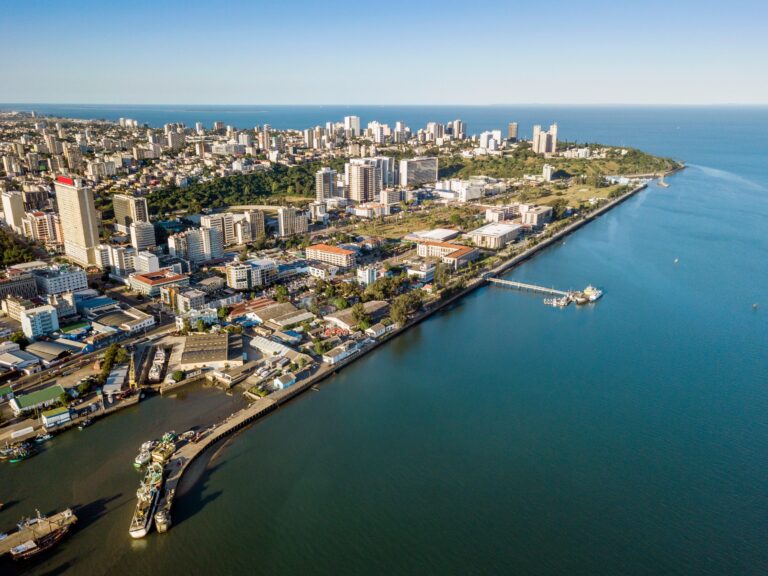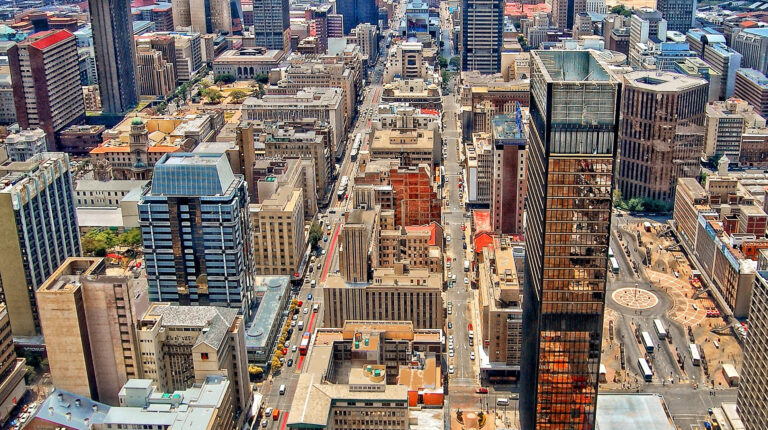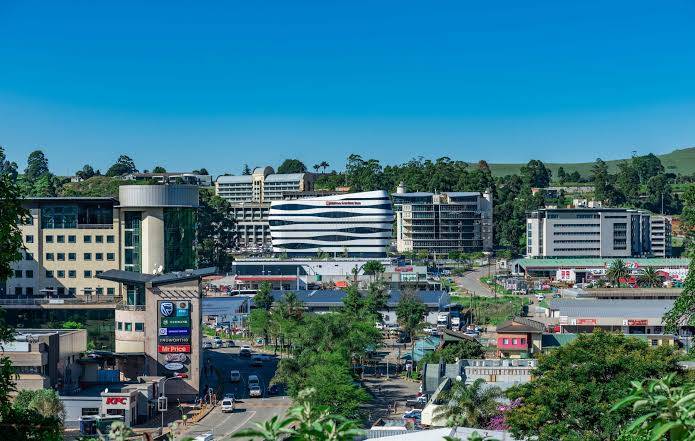Djibouti, officially the Republic of Djibouti, is a country located in the Horn of Africa. It is bordered by Somalia in the south, Ethiopia in the southwest, Eritrea in the north, and the Red Sea and the Gulf of Aden in the east. Across the Gulf of Aden is Yemen whose capital is Djibouti.
Ismaïl Omar Guelleh is the current President of Djibouti. He has been in office since 1999, making him one of the longest-serving rulers in Africa. He is often referred to by his initials, IOG.
The current population of Djibouti is 1,030,858 as of Thursday, June 29, 2023, based on Worldometer elaboration of the latest United Nations data.
The economy of Djibouti is derived in large part from its strategic location on the Red Sea. Djibouti is mostly barren, with little development in the agricultural and industrial sectors.
The country has a harsh climate, a largely unskilled labor force, and limited natural resources. The country’s most important economic asset is its strategic location, connecting the Red Sea and the Gulf of Aden. As such, Djibouti’s economy is commanded by the services sector, providing services as both a transit port for the region and as an international transshipment and refueling center
Over 60 % of the population in the Arab states is under the age of 30, and one-third are between 24 and 29 years of age.
The Youth Leadership Programme (YLP) equips youth with tools to develop their own unique and innovative solutions to address real-life challenges and further the 2030 Agenda and its 17 goals.
The Sustainable Development Goals (SDGs), also known as the Global Goals, were adopted by the United Nations in 2015 as a universal call to action to end poverty, protect the planet, and ensure that by 2030 all people enjoy peace and prosperity.
Vision 2035 is a long-term strategic vision for the Republic of Djibouti. Its objective is to position the country as a hub for the regional and continental economies. It was developed in concert with Djiboutian youth, political parties, civil society, the private sector, and international development partners; and therefore reflects a set of economic, political, and social goals for all of society.
Business opportunities in Djibouti
Djibouti’s priority sectors for investment include transport and logistics, financial services, energy, and tourism. Although its top investments are in logistics and warehouse as well as salt, there are opportunities in agriculture, animal production, food processing, manufacturing, hospitality, and construction.
Bottom of Form
Real Estate Investment, Oil and Gas Investment, Agricultural Investment, Tourism Investment, and Renewable Energy Investment.
